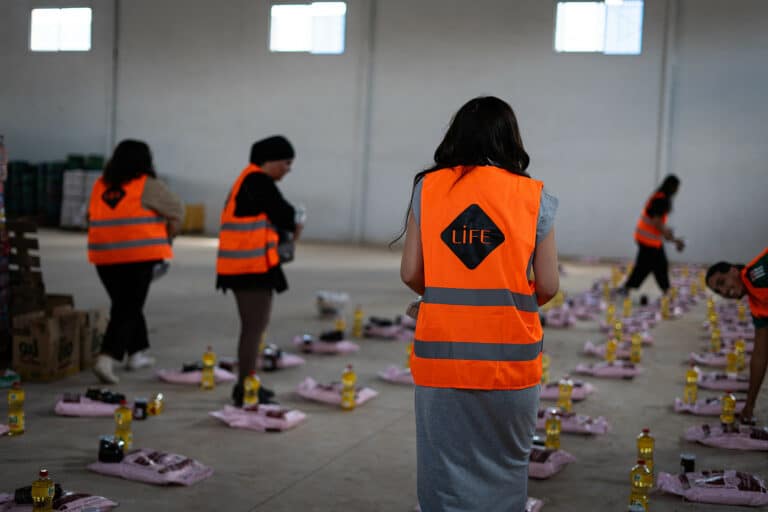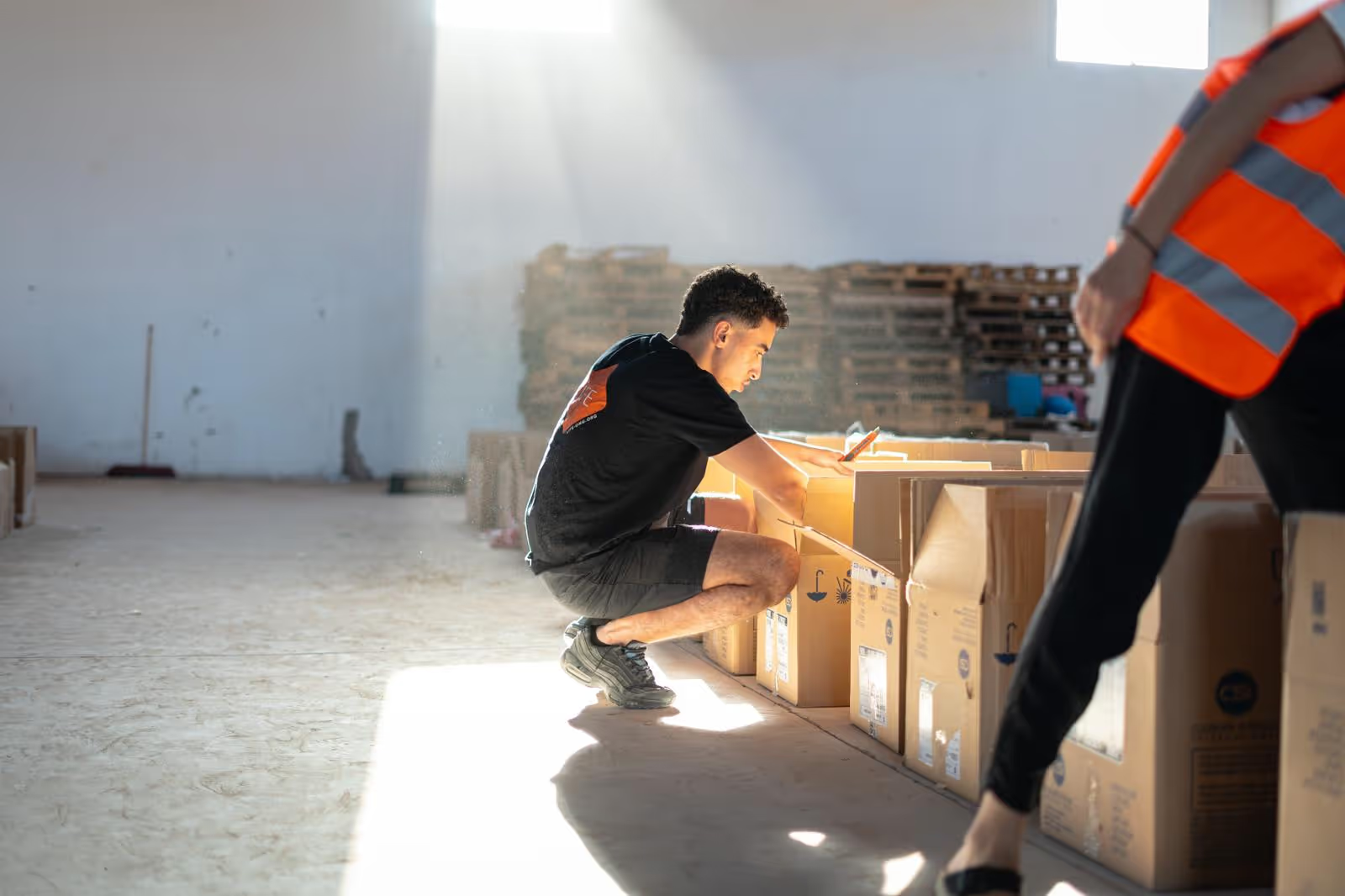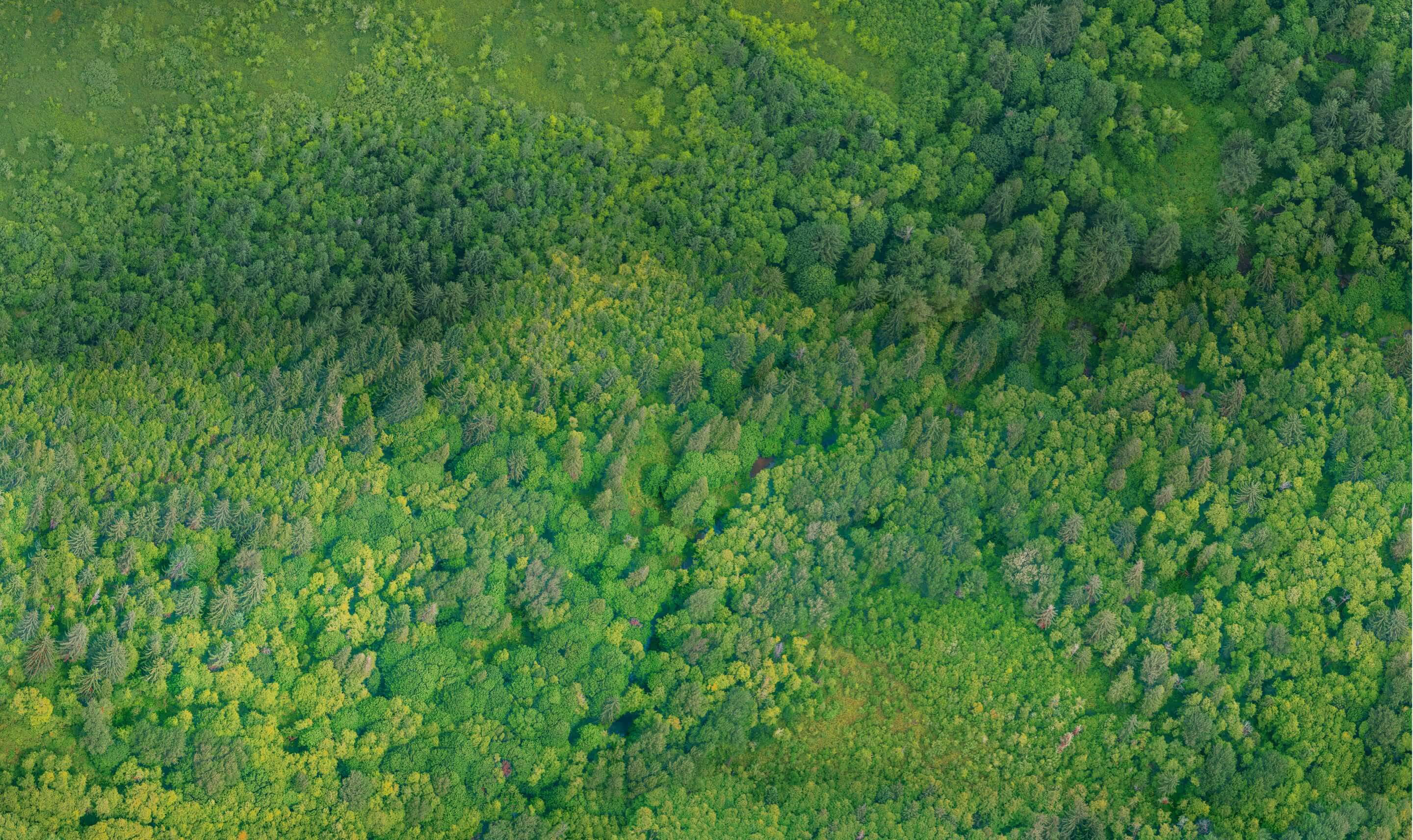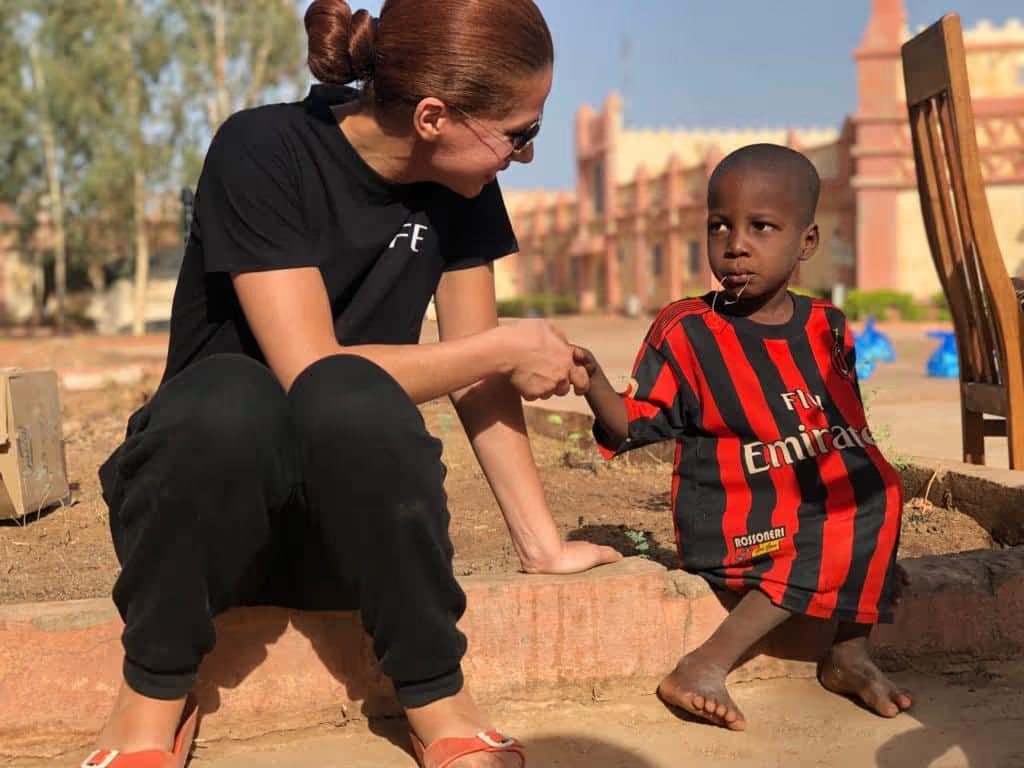Civic engagement: why is humanitarian aid attractive?

We all have the power to choose the world we want to build. What do we dislike? How would we like to contribute to a better future? How do we plan to go about it? Opting for citizen engagement means not giving up. It is giving our time, our energy, to make society evolve. If you decide to mobilize, there are many ways to do so. Trusted associations and NGOs offer you a framework for action. Humanitarian causes are in particular on the rise. Why? What are the motivations behind this commitment, its psychological, social and ethical aspects?
What is citizen engagement?
Civic engagement is not limited to civil rights and the political register. It cannot be reduced to the ballot boxes! There are many other ways you can influence decisions and contribute to change. You can defend your ideas and join forces and beliefs with those of other motivated citizens in order to build a better future together! And you are acting not only for yourself, but also for others. Because yes, citizen engagement is not individual. It is all together that we can make ourselves heard!
And There are a thousand and one ways to get involved. You can do it through the volunteerism, volunteering, wage employment, civic service, but also giving. Numerous causes exist. But humanitarian action aimed at helping vulnerable groups of people peacefully and without discrimination is attracting more and more citizens who want to get involved. What are the reasons for this enthusiasm?
The surge of solidarity
Compassion and empathy are deeply rooted in human nature. As social beings, we are emotionally connected to each other and the sight of the suffering of others naturally causes a surge of solidarity. Civic engagement for humanitarian aid makes it possible to transform this compassion into concrete action. It offers us the opportunity to express our concern for the overall well-being of humanity. According to The barometer of citizen and solidarity commitment published in September 2023 by OpinionWay and Helloasso, 48% of French people are involved in an associative or group activity. 10% of them do so in social, humanitarian and charitable action. One of the most popular causes is that of the environment.

Awareness of inequalities
Inequalities are growing in the world. Economic inequalities, inequalities in the face of resource scarcity, environmental degradation, discrimination of all kinds, etc. The awareness of these, the desire to contribute to a more equitable and just world, pushes many citizens to invest in humanitarian actions. They thus make this cause a way to realize their ethical values.
A response to the call for international solidarity
The world is becoming more and more connected. Natural disasters, armed conflicts, pandemics, all the problems that humanity faces transcend country borders. Humanitarian associations and NGOs play a crucial role in raising public awareness of humanitarian issues., by providing them with information. They contribute to the creation of a sense of global solidarity.. They inspire engagement and offer citizens an opportunity to contribute to global causes.
A vector for personal development
Finding meaning in your life, achieving yourself personally, strengthening your open-mindedness, broadening your horizons. These goals have become increasingly important in recent years. They have taken on a very particular scale since the COVID 19 pandemic period. Volunteering or donating to a humanitarian association can bring great benefits. Giving of yourself, your time, and your energy to improve the lives of others offers a sense of achievement and personal satisfaction. In addition, citizen engagement in humanitarian aid often requires the development of practical skills. Project management, teamwork, intercultural communication, etc. They are useful in all aspects of personal and professional life. And the icing on the cake, they can be highlighted in a resume and are very popular with recruiters.
Civic engagement among the younger generations
The need to give meaning to one's life is especially present among young people. They also have an acute sensitivity to global issues thanks to unprecedented access to information. In 2021 in France, 64% of 18-30 year olds say they volunteer for an association or other organization, compared to 51% in 2019. Unlike seniors, the pandemic has not demobilized young people. Its appetite for collective action makes it a committed generation.

Some examples of civic engagement in humanitarian aid
There are multiple ways to engage in humanitarian actions, whether in the field, remotely, financially or by making society aware of its challenges. All contribute to the creation of a better future.
Volunteering in the field
Citizens can volunteer with associations, local or international humanitarian organizations. Food distribution, assistance in the construction of wells, medical missions, reforestation programs, the causes are numerous.
Becoming a Donor - Lifechanger
If you don't feel up to go out in the field, it is entirely possible to be useful by supporting an association with a donation that can change lives. To do this, choose a trustworthy organization allows you to be sure that every euro donated is used wisely.
Awareness-raising
Raising awareness about humanitarian problems by sharing information, organizing conferences or educational workshops is an essential civic engagement that can change lives. The very easy use of social media to spread messages is particularly powerful.
Psychosocial support
Anyone with the right skills, health professionals, or trained citizens, can offer psychosocial support to victims of humanitarian crises such as refugees, survivors of natural disasters, etc.
The development of sustainable projects
Participating in sustainable development initiatives aims to improve the long-term living conditions of populations affected by humanitarian crises.. These may be projects related to drinking water, such as drilling, the construction of wells, or the construction of schools, reforestation, etc.
At LIFE, as a development NGO, we are actively involved in humanitarian projects such as the construction of drinking water wells in communities in Africa and Asia. Our Sapousse program makes it possible to plant forests made up of “economic” trees. They contribute to the restoration of the ecosystem while providing essential resources (food, sustainable materials, etc.) to local populations. Sapousse is also the establishment of sustainable environmental projects such as green entrepreneurship, agroforestry, livestock, the training and distribution of agricultural materials or aquaculture. Together with you, we want to create an environment where each individual can enjoy a dignified and fulfilling existence.

Civic engagement in humanitarian aid is not simply a one-off response to crises or an occasional act of generosity. It is a powerful statement of our collective humanity, it is a shared quest for a world where compassion transcends borders. Humanitarian citizen engagement is the affirmation that we have the power to transform the world.
Join us and let's shape a future together where human solidarity is a reality!



.avif)





